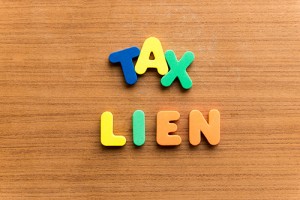Pennsylvania levies inheritance tax on the following classes of beneficiaries:
1. Class A – This class includes grandparents, parents, children including natural children, adopted children and step-children, and an un-remarried spouse of a child. This is the only class that receives a $3,500 family exemption from the Pennsylvania inheritance tax which is 4.5% for Class A Beneficiaries.
2. Class A1 – This class includes brothers, half-brothers, sisters, half-sisters, and persons having at least one parent in common with the decedent, either by blood or by adoption. Pennsylvania inheritance tax is 12% for Class A1 Beneficiaries.
3. Class B – This class includes all other beneficiaries. Pennsylvania inheritance tax is 15% for Class B Beneficiaries.
Generally inheritances are not subject to income tax under Section 102 of the Internal Revenue Code. One exception to that rule is traditional Individual Retirement Accounts (IRA’s) because IRA’s contain tax deferred assets that have never been subject to income tax. Therefore, in addition to paying Pennsylvania inheritance tax a beneficiary also has to pay income tax when they inherit a traditional IRA in the year they withdraw money from the IRA. The good news is that the Traditional IRA is not subject to Pennsylvania income tax.
If you inherit an IRA you should consider all the options the Plan Administrator offers you.
One option would be taking a lump-sum distribution. Another option would be taking distributions over five years to lessen the tax bite. A third option may be rolling the inherited IRA over into your existing traditional IRA if the Plan Administrator allows it.
Keep in mind that no matter which option you select you will not have to pay the 10% premature distribution penalty since inherited IRA’s are always exempt from the penalty regardless of the age you decide to take the distribution.
If you have any questions about inherited IRA’s feel free to call Gregory J. Spadea of Spadea & Associates, LLC at 610-521-0604.








